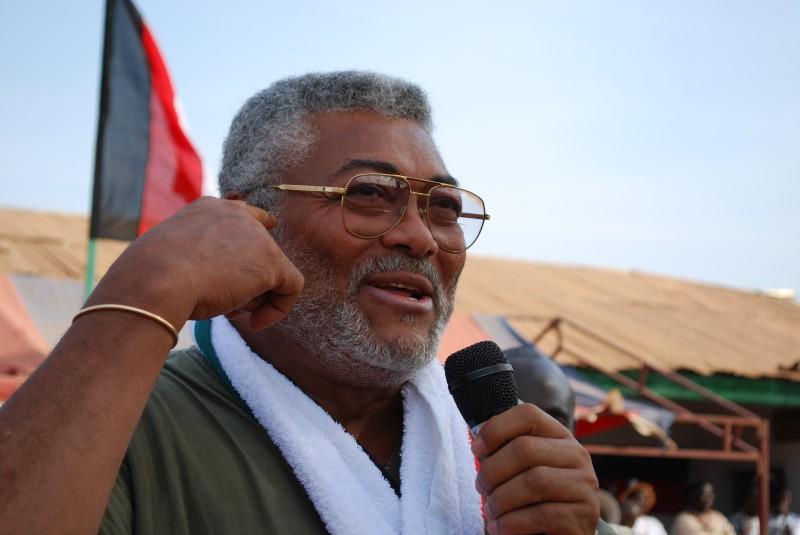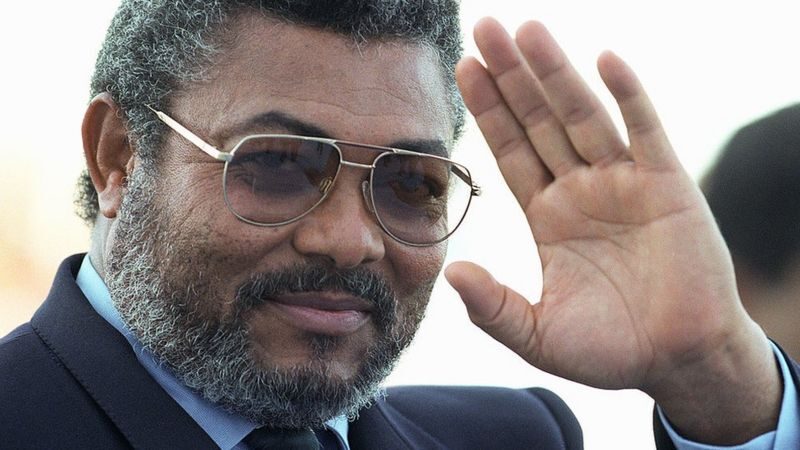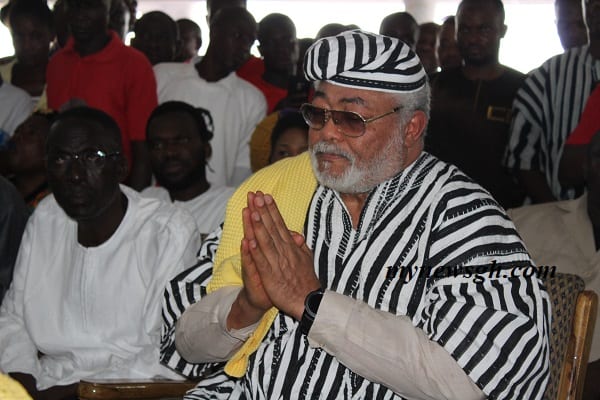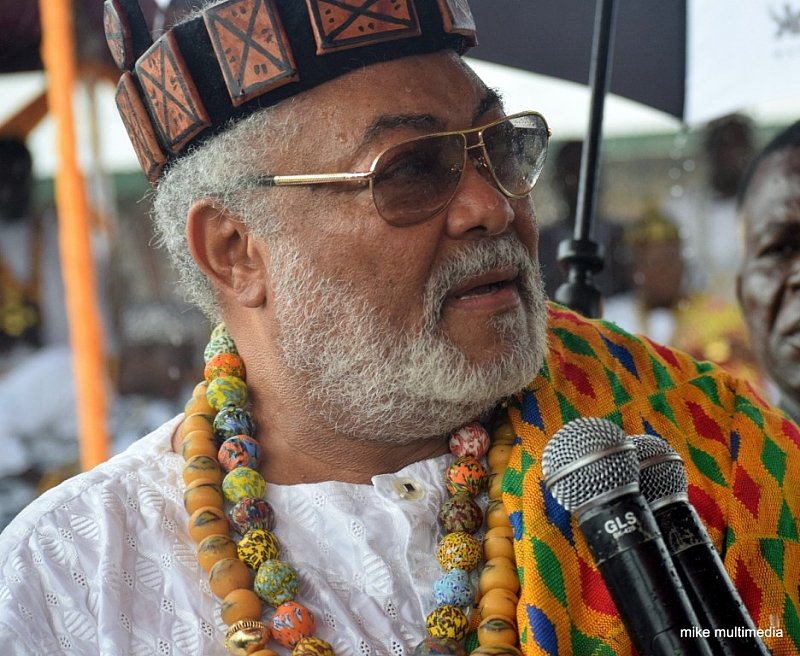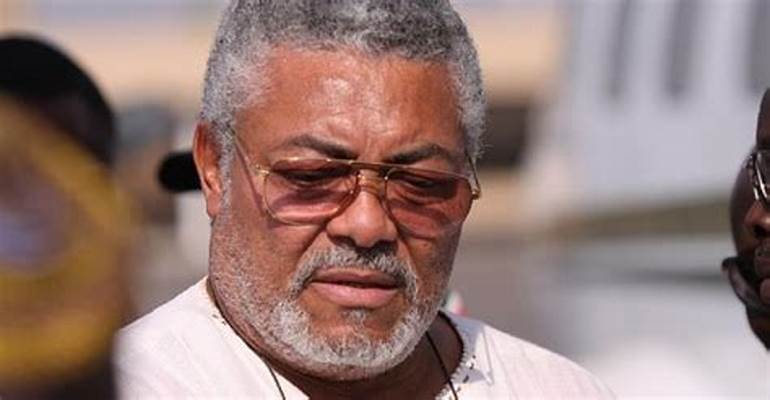- Rawlings took advantage of his trial to make one of the most galvanizing statements in the history of Ghana
- While awaiting his execution, Rawlings was freed from prison by military officers sympathetic to the cause who believed in his ideas as a high road to a better Ghana
By Sydney Odhiambo
Jerry Rawlings, the eighth and 10th head of state for Ghana, is an African enigma who laid the foundation for modern day Ghana’s smooth-running democracy with seamless transition of power. Born in 1947 to Scottish father and Ghanaian mother, Rawlings was educated in Accra. He joined the military and excelled, then joined the Ghana Airforce immediately after.
At 32 years of age, flight lieutenant Rawlings made his first attempt at overthrowing General Fred Akuffo’s military government through a coup d’etat. Following the abortive coup attempt, Rawlings was jailed, tried in a martial court, and sentenced to death.
However, Rawlings took advantage of his trial to make one of the most galvanizing statements in the history of Ghana. He said “America has seen her brand of a revolution. France has seen her brand of a revolution; Britain has seen her brand of a revolution. Russia, China, Iran all of them. Only the black man in the black African continent goes on leading his fellow black men like a head of cattle while suppressing them like slaves.”
This call to a revolution in Ghana by Rawlings is as necessary in the entire Africa today as it was then. The only difference is that what we need to free ourselves is no longer an arms-based revolution; we need a thought-oriented revolution. To get to a place of our desires, we must change how we think.
You and I can draw a lot of lessons from the inspiration of Jerry Rawlings. One of them is that is you believe in a just cause, that is meant to ensure greater good, then the universe rallies its forces to assist you in achieving your heart’s desires. There is no better time for Africa than this. The continent has a robust and young population, a creative population, and a very productive citizenry.
The only question that Africa must answer is this: Where do we point our energies?
The better lesson to learn is that a people with adequate motive and desire must take their own destiny in their own hands and direct it to the ends they choose. It is important to accept that Africa will only be built by Africans. Not the Bretton Woods institutions, not the United Nations and certainly not a laundry list of donors and philanthropists from the west. The rise of Africa is going to be an inside job.
While awaiting his execution, Rawlings was freed from prison by military officers sympathetic to the cause who believed in his ideas as a high road to a better Ghana. He rallied support thereafter successfully seizing power in the wake of his prison break. And here, the roll of a strong alliance with people who are spiritually aligned reduces gigantic terror to a miniscule equanimity.
After seizing power, Rawlings took to “House Cleaning”. Parts of this process were messy before birthing civilian rule through the election of ex-military officer, President Hilla Limahn. Limahn’s presidency was halted by Rawlings on 31st December 1981 through military takeover following concerns of bad governance.
Rawlings’ administration struggled with implementing sound economic policies for Ghana due to lack of experience. It is those struggles that strengthen Ghanaians and prepared them to face their economic challenges. That adversity gave Ghana its resilience and tolerance – these characteristics are likely to have contributed to Ghana’s thriving economy and democracy.
Even during Ghana’s turmoil, Rawlings stayed aligned to his original vision of a democratic and progressive nation. His vision was seen as being ahead of its time. Rawlings sought public opinion by means of a survey through the National Commission on Democracy on the best approach to undertake for a democratic transition. By 1991 the commission gave its final report to the government recommending an executive president with a two-term limit, which created the pillars for Ghana’s new constitution.
In this instance, Rawlings proved that inclusivity is not only theoretical, but very much a practical act that bears fruits. Today, more than before, with a lot of tools for consultation and organization, we can borrow this principle and leverage it in entrepreneurship as well as political leadership.
True to his word for a progressive Ghana, upon the expiration of his term, President Rawlings neither made any attempt to retain power nor influence the elections in favour of his vice president, John Atta Mills, who lost and conceded the presidential election after a runoff. He handed over power peacefully to John Kuffor. The peaceful transfer of power was a first in Ghana by an incumbent to an elected member of the opposition, a rarity in African politics. International Herald Tribune referred to him at the time as, “Africa’s first former military leader to allow the voters to choose his successor in a multiparty election.”
Rawlings leadership transformed Ghana into the stable social-economic country it is today, shaping its political processes unlike the military regimes that preceded him. He was the master architect of it all.

